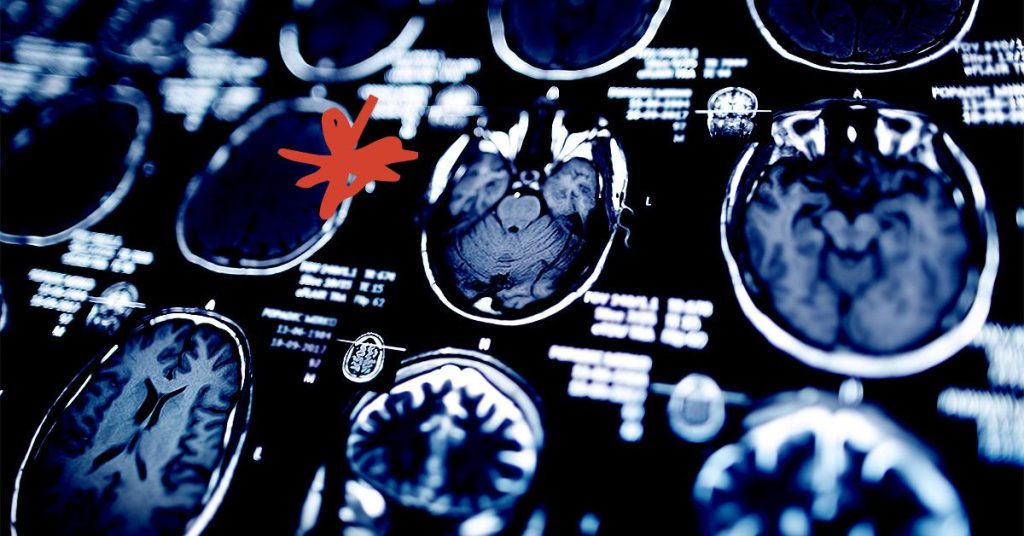GLP-1 drugs such as Wegovy, Ozempic, and Zepbound, which are commonly used to aid in weight loss for individuals with type 2 diabetes or obesity, are now being studied for potential neuroprotective benefits. Research suggests that obesity and chronic inflammation can contribute to neurodegenerative diseases like Alzheimer’s disease, and GLP-1 medications may help reduce inflammation in the brain and strengthen the blood-brain barrier. These drugs, which work by improving insulin sensitivity and promoting weight loss, have shown promising effects on cognitive functioning and overall brain health.
Recent studies have also highlighted the potential benefits of GLP-1 drugs in helping with addiction, reducing the risk for certain cancers, and providing protection against neurodegenerative diseases. With over 40% of adults in the United States suffering from obesity, finding ways to prevent and slow the progression of Alzheimer’s disease has become a focus of research. GLP-1 medications, which are naturally produced in the gut and brain, may have a significant impact on brain health and cognitive functioning beyond their known benefits on weight loss and heart health.
Chronic low-grade inflammation associated with obesity can negatively impact cognitive functioning and increase the risk of neurodegenerative diseases. Glial cells in the brain, such as astrocytes and microglia, play important roles in maintaining the blood-brain barrier and protecting brain health. Studies have shown that GLP-1 drugs can interact with these cells and provide neuroprotection by regulating inflammation, increasing neuron growth, and improving neuron survival. Additionally, GLP-1 receptor signaling on microglia has been found to attenuate neuroinflammation, potentially reversing brain inflammation associated with neurodegenerative diseases.
Further research is needed to fully understand the potential brain benefits of GLP-1 medications, but early studies are promising. Researchers are optimistic about the future of these drugs in boosting brain health and potentially treating conditions like Alzheimer’s disease. Clinical trials are underway to assess the effectiveness of GLP-1 drugs in treating neurodegenerative diseases, and early results are encouraging. Experts believe that these medications have the potential to modulate inflammation, reduce dementia risk, and provide neuroprotective benefits for individuals with metabolic disorders like type 2 diabetes.
Doctors and researchers are hopeful that GLP-1 medications, such as semaglutide, may offer new treatment options for Alzheimer’s disease and other neurodegenerative conditions. Trials combining neuroimaging techniques and GLP-1 treatment are needed to further investigate the neuroprotective benefits of these drugs and their effects on the blood-brain barrier. The potential impact of GLP-1 drugs on neurovascular health and cognitive functioning offers new possibilities for treating and preventing neurodegenerative diseases, and further research in this area is essential to unlock the full potential of these promising medications.













